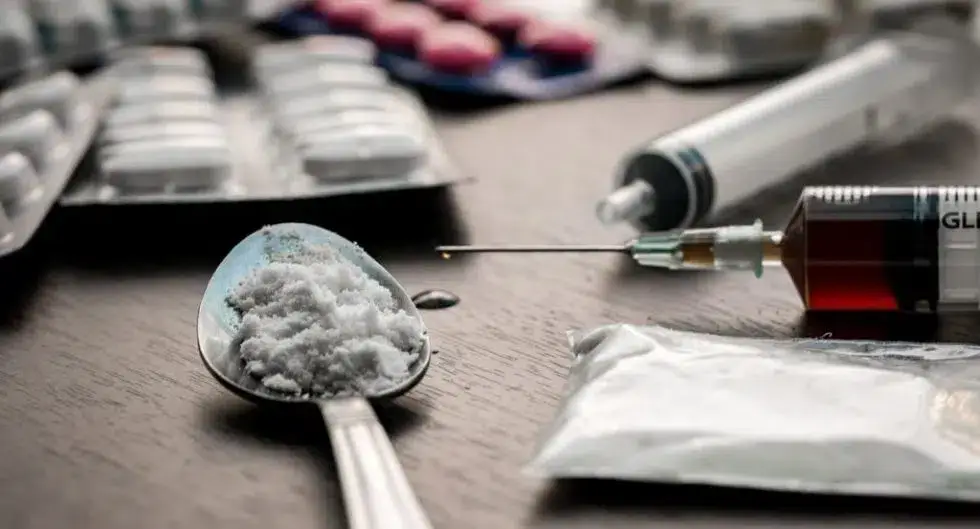
Substance abuse is a widespread problem in the United States. According to the Substance Abuse and Mental Health Services Administration’s (SAMHSA) National Survey on Drug Use and Health, 23.5 million people aged 12 or older needed treatment for a substance or alcohol abuse problem in 2009. And those numbers are only growing.
Addiction is a complex disease, and it’s difficult for many people to see the signs of substance abuse before it becomes an addiction. Here, we outline the common signs of drug abuse and the four stages of addiction to help you better understand what to look for if you’re worried that a loved one might have a substance use disorder.
Common Signs of Drug Abuse and Addiction
Addiction, to both prescription and street drugs, is a growing problem in the United States. Here are some signs and symptoms to look out for when it comes to drug abuse and addiction:
Physical Signs of Substance Abuse
- Insomnia.
- Hallucinations.
- Loss of or increased appetite.
- Bloodshot or glazed eyes.
- Abrupt weight changes.
- Bruises, track marks, or infections.
- Nausea or vomiting.
- Excessive sweating.
- Irregular heartbeat.
- Runny nose.
- Puffy face, blushing, or paleness.
- Deterioration of hygiene or physical health.
Behavioral Signs of Substance Abuse
- Increased aggression.
- Lethargy.
- Depression.
- Change in overall attitude or personality.
- Sudden drop in grades or performance at school.
- Change in activities or hobbies.
- Forgetfulness.
- Paranoia.
- Loss of interest in family and family activities.
- Moodiness or irritability.
- Excessive need for privacy.
- Change in personal grooming habits.
- Secretive or suspicious behavior.
- Change in friends.
- Unexplained need for money.
- Stealing.
- Denial.
Signs of Addiction
- You need more and more of a substance to get the same effects.
- You feel strange when the drug wears off, and you experience withdrawal symptoms such as shakiness, nausea, insomnia, loss of appetite, tiredness, and headaches. You also may be confused, have seizures, or run a fever.
- You can’t stop yourself from using the drug no matter how much you want to.
- You continue to use substances even if it’s causing bad things to happen, such as losing a job, suffering relationships, getting into a car accident, or going to jail.
- You spend a lot of time thinking about the drug.
- You have a hard time setting limits for yourself when it comes to drug use.
- You’ve lost interest in things you once loved.
- You borrow or steal money to pay for drugs.
- Relationships with family, friends and coworkers are suffering.
- You look different. You may have bloodshot eyes, bad breath, rotting teeth, frequent bloody noses, or you’ve gained or lost weight.
- You have a new set of friends with whom you do drugs.
The 4 Stages of Drug Addiction
In the beginning, people often feel in control of their substance use, but with each passing stage, they lose more of their power and control. It’s possible to treat substance abuse at any point, but it’s much easier to do when someone is in the early stages of addiction.
This Season, Give Yourself the Gift of a Fresh Start.
Whether you are struggling with addiction, mental health or both, our expert team is here to guide you every step of the way. Don’t wait— reach out today to take the first step toward taking control of your life.
Although each person experiences things differently, most people who suffer from a substance use disorder tend to follow a similar path. The four stages of drug addiction are as follows:
Experimentation
The first time a person tries drugs or alcohol, it’s often out of curiosity. Maybe they heard about the drug from a friend or are just curious about the effects of the drug. Alone, experimentation doesn’t appear abusive, but even a single episode of experimentation can result in harm to oneself or others. For some people, drug use stops here, but for others, it’s only the start of a lifelong substance abuse disorder and the struggle to stay sober.
Regular Use
Experimental drug use becomes regular drug use when you start to incorporate the drug into your usual routine. For example, if you use Adderall every time you need to stay up late and study for an exam or take Percocet without a prescription every time your old back injury flares up, you’ve developed a pattern of regular use.
While you haven’t yet become reliant on the drug, you’ve started training your brain to respond to the rewards for using the drug. Rewards include pain relief, stress reduction, weight loss, relaxation in social situations, or a pleasurable high.
Substance Abuse/Risky Behavior
At this stage, non-problematic drug use becomes a serious problem. Your drug use may begin to affect your job performance, relationships, or your daily life overall. Drugs may begin to affect your judgment, prompting you to do things you would have never considered in the past.
In this stage, many people become aware that they have a problem when something bad happens as a result of their habit. At this point, people either respond to the negative consequences by cutting down or stopping use while others completely ignore the warning signs and continue to abuse the drug.
Addiction or Chemical Dependency
With continued use, many people will develop an addiction to drugs. Addiction occurs when the substances cause changes to the mind, body, and behavior. As a result of the disease, people with substance use disorders are unable to control their substance use despite the negative consequences that occur as a result. Addiction is considered a chronic, relapsing brain disease, but it’s also treatable.
Recovery Is Possible
Although addiction is a powerful disease, recovery is possible. If you or someone you know is struggling with a substance use disorder, the best thing you can do is to seek treatment from a trusted, experienced professional.







